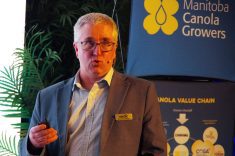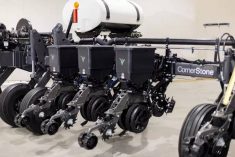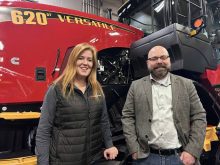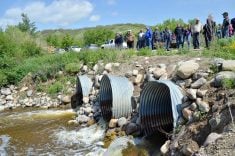A digital marketing tool to help organic farmers find buyers and discover prices for their crops is one of five projects funded in the first dispersal from the Manitoba Organic Development Fund.
Five grants, totaling nearly $51,000, were announced Feb. 23. This marks the first time funds were designated since organic farmers voted for a mandatory organic checkoff in a 2020 referendum, and MODF was formed.
This is the only mandatory organic checkoff in Canada he knows of, said MODF board member Royden Loewen, adding approval of the first grants is meaningful to the industry.
Read Also
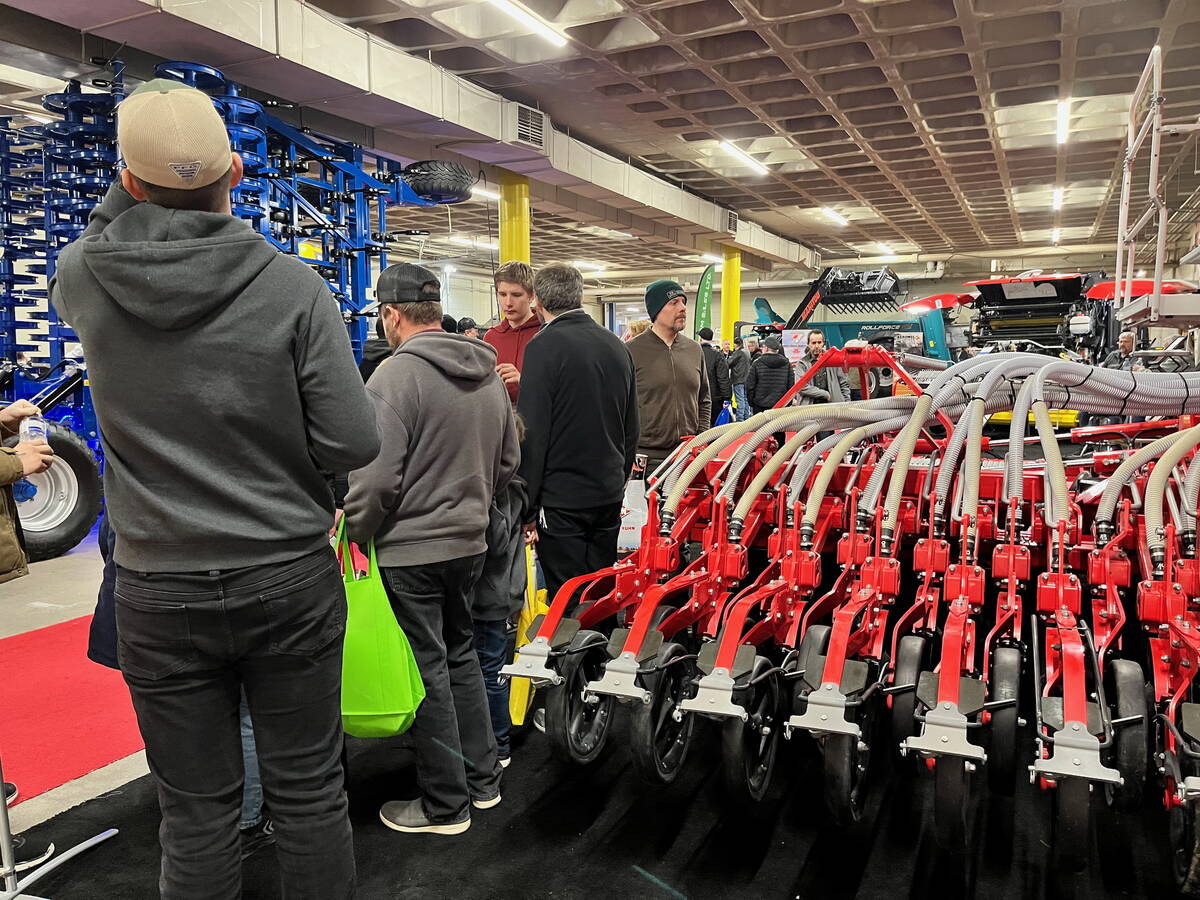
Farmer mental health support extended in Manitoba
The Manitoba Farmer Wellness Program is slated for $300,000 over the next two years for its farm mental health services
This “historic step shows the ongoing commitment of Manitoba’s organic producers to grow the movement and will meet the long-term research objectives of the fund,” said an MODF news release.
The first grant was for $20,000 to develop the digital marketing tool and to hire a market analyst for one year. The Prairie Organic Development Fund also chipped in, Loewen said.
Unlike their conventional counterparts, price discovery can be complicated for organic farmers, he added.
“Sometimes the buyers themselves don’t quite yet know what the price will be because they have to get a sense of what’s available and what isn’t. It can vary a lot from one buyer to the next.”
The market analyst will aggregate price data and provide global analysis of organic markets, Loewen said. Farmers and buyers are also invited to submit prices they’ve been offered or are offering.
The tool will also list buyers and what they’re offering, aiding farmers in finding new buyers, Loewen said, adding the hope is to have it up and running by the end of March.
MODF also approved just over $17,000 to promote cover crops, soil building and biodiversity. Manitoba Organic Alliance received $5,000 to fund summer field tours. A University of Manitoba project to study alternative phosphorus sources like bone meal and struvite received $6,000. Overton Environmental Enterprises got $2,500 for third-party field trials of foliar applied biological inoculants.
Many of these projects received more in matching funds than MODF gave, Loewen said.
“That’s heartening to know that the money that farmers are giving is, in a sense, exponentially increased.”







